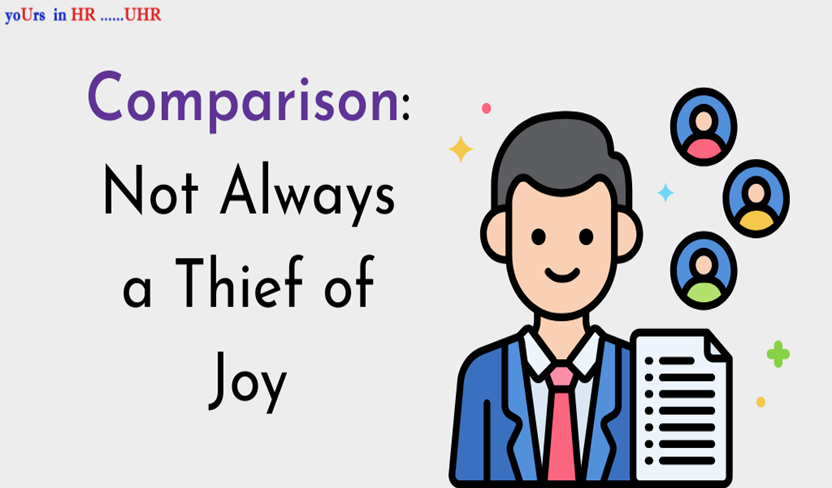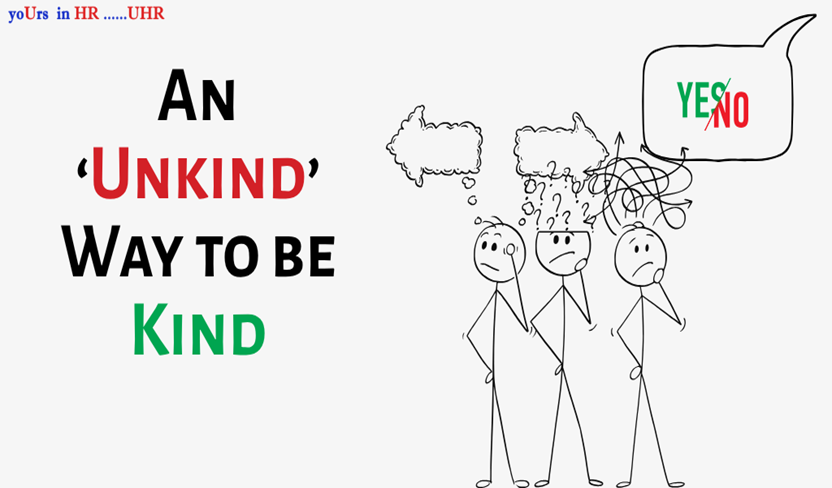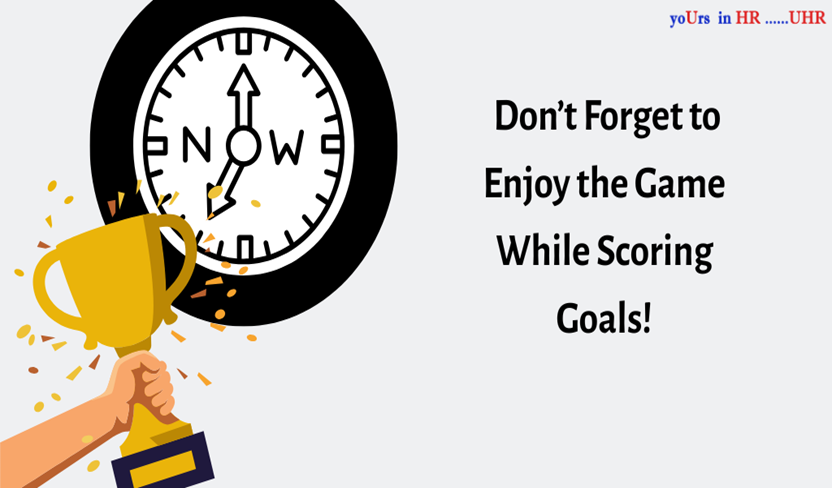
Ayaan was at a mental space where a lot of us may have been from time to time:
He was having a good day at office. He had been happy with how a team meeting had gone by, and how the next set of objectives was looking like. That good day though was soon engulfed by a gloom. Why? In one of the objectives listed out, he was supposed to have his general manager get in touch with the general manager of one of the client companies he was working with. Who was the general manager of this client company? His own classmate!
He and this classmate had started out together. They had studied from the same university, and had the same certifications. So how was it that the classmate had reached a higher post before him? How was it that Ayaan reported to a general manager, and this classmate himself had become the general manager?
Ayaan was wracking his brain, deep into comparison: ‘How did this classmate’s career progressed more than mine even though we started out at the same time?’ ‘How much does he earn, I wonder?’ ‘Why did he get this opportunity, and how come I did not? How unlucky for me!’ ‘What if I had done that one other course instead of…?’ and so on.
All kinds hows and whys and what ifs were playing in Ayaan’s mind.
They say comparison is the thief of joy.
But is it so that we should never undertake any kind of comparison? After all, sometimes, it is the pressure to excel that motivates us to work harder. It is not a good idea to always be in a bubble, too comfortable in one’s life- that can lead to a lack of growth and wasted potential. Some comparison, some challenge, some striving for getting better is needed.
As James Clear, writer of the book ‘Atomic Habit’ says, comparison of the wrong things is the thief of joy. If one compares the wrong things, it can make one miserable. But if one compares the right things, and actually embraces the challenge to ‘win’ in the comparison at some point, it can lead to growth and improvement.
Ayaan is miserable because he compared the big things, the ‘wrong’ things like career trajectory, income, opportunities got and luck found.
What he can do instead is compare the little things. Little things such as: ‘What would be the classmate’s networking style that led him to this opportunity?’ ‘How does the classmate maintain his composure in such a high-pressure job?’ ‘What does his classmate do when it comes to task and time management?’ ‘What sort of strategies does he use which I can learn from?’
And so on.
Comparing the little things, the right things means comparing the concrete things. Things one can actually understand and learn from. Things which one can actually implement, and hone based on one’s own requirements and needs. Things which we can take under our control. Things which are not governed by luck and one’s life situation.
So yes, comparison of the wrong things is the thief of joy. Comparison of the right things can be fuel for our growth.





